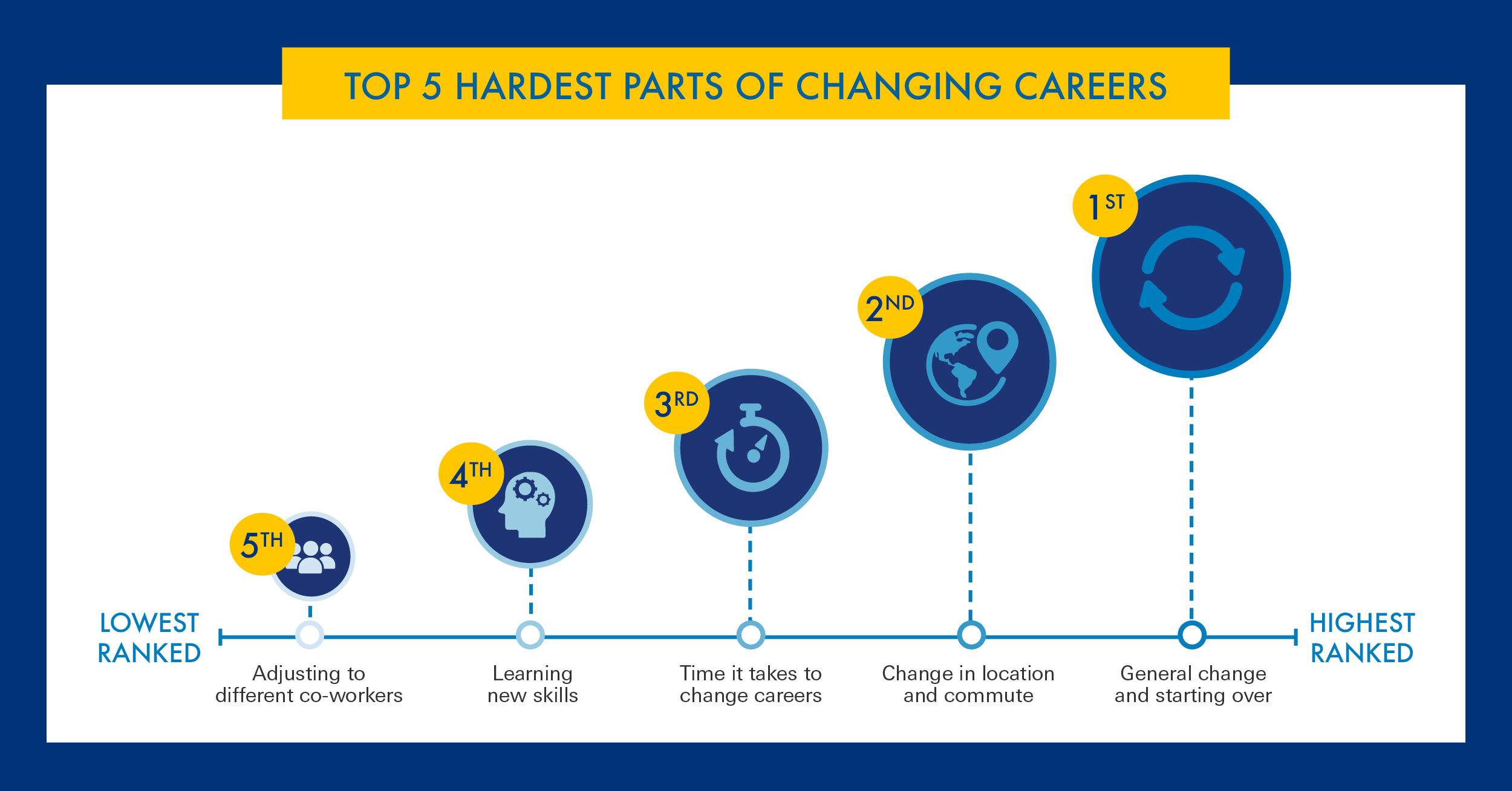
Changers in career need to gain new skills and knowledge to excel in their new job. A course or program that teaches you how to use your existing skills in a new context, understand business processes and the unwritten rules, can help you succeed. Since they are leaving their former professions, career changers will need to establish a new network. If you can take advantage of networking opportunities, you can fast track your career change.
Successful career changers share their lessons
Successful career changers share one thing in common: they are constantly learning. They take responsibility for their development, and they experiment to learn new skills. This includes trying out new roles and different jobs. They change their mind if they don’t enjoy the job. They are willing to push themselves and test their limits, and never lose sight of their passion.
Changes in career can be hard but can be rewarding if done correctly. Think about your dream job. Begin with the ingredients. Make sure you are passionate about it. It's crucial to remain open-minded and creative in today's uncertain world and to invest in a path that will bring you fulfillment.
Getting out of your comfort zone
The first step in getting out of your comfort zone as a career changer is to ask for feedback from others. This doesn’t have to feel scary. In fact, it can help you improve. You can ask for honest feedback from any person you work with, regardless of whether it is positive or negative.

Second, consider making changes in yourself. You might consider changing your diet, fitness, or even counseling. You should be ready to accept new challenges, no matter what they may be.
Profit from your network
If you're in the process of changing careers, networking can be your best resource. It not only leads to job opportunities but it also allows you to get advice and inspiration form other professionals in your industry. Networking allows you to stay on top of industry trends and other issues.
Your first step to leveraging your network is being proactive. Reach out and connect to people you already know on social media. LinkedIn is a great tool for connecting with people interested in career changes. Your LinkedIn profile will also reveal your previous career paths. Ask for assistance from people who are familiar with your field and may even be willing to share their knowledge.
Budgeting for education
When budgeting for a new job, it is important to take into account the cost of education. It is possible to spend a lot on a degree. Also, you need to factor in the interest on student loans and the time it takes to repay them. Consider the cost of the education and the potential salary that you will earn after your program is over. You need to plan carefully in order to be financially independent so you can reach your career goals.
Consider the financing options available to finance your education, if you're thinking of returning to school. All sources of aid are available, including student loans, grants, scholarships, or grants. Depending on your circumstances, you might be eligible for need-based grant, which can help reduce your budget.

Getting a job outside your zip code
For career changers or people looking to change careers, you might consider moving away from your current area if you want better chances of finding a job. While this might seem like an extreme measure, the idea of relocating may actually be worth it if the opportunity is right for you. These tips will make your move as smooth as possible.
Research all of your options. You should research job availability and the growth potential of the market. As much as possible, make use of networking opportunities and get support from family members and friends. You should also consider setting goals for the long term and following a schedule. You can always re-work your plan if you fail. It's also essential to create a compelling story and motivation for your change.